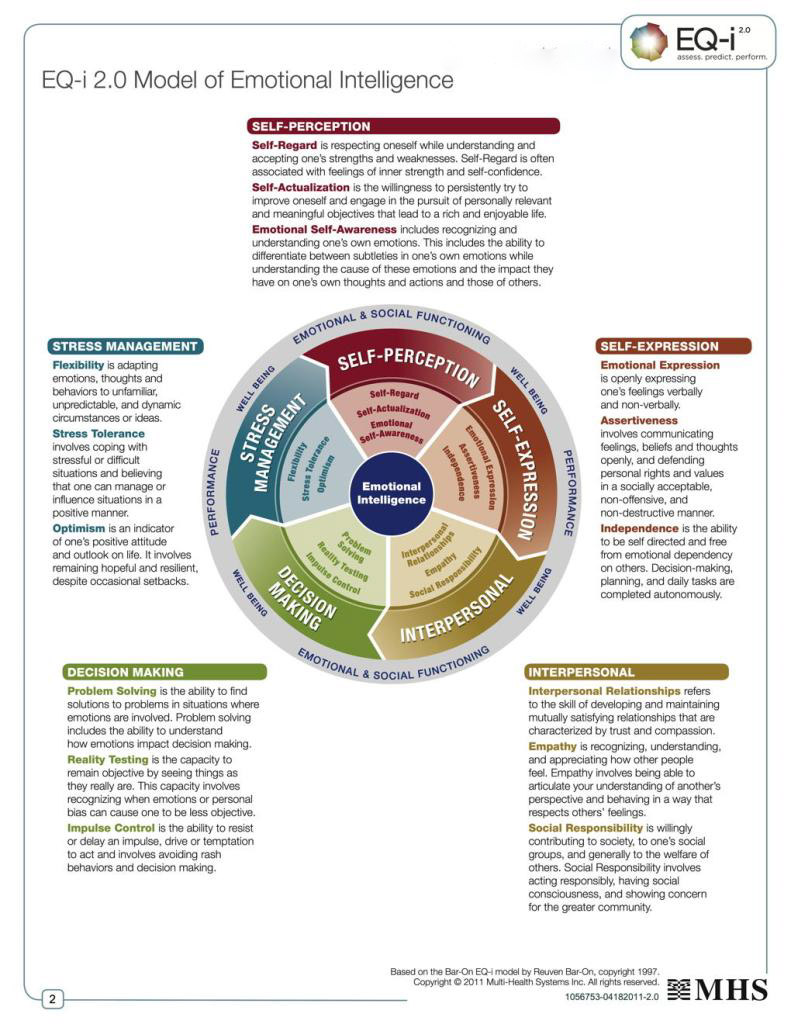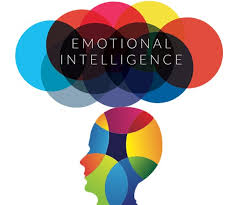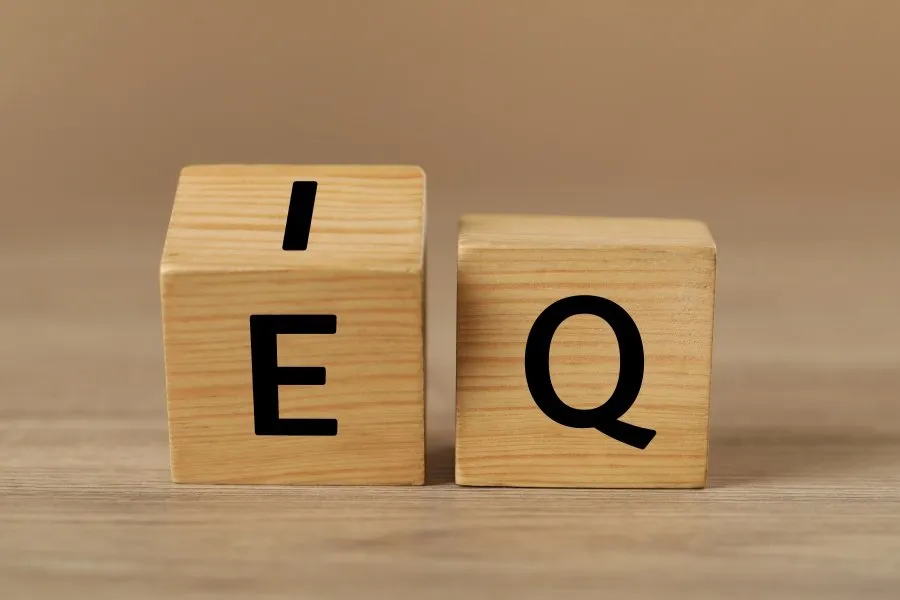Imagine walking into a room full of people and immediately sensing the mood, knowing how to adapt, and navigating conversations with ease. That’s emotional intelligence (EQ) in action. EQ is your ability to understand and manage your own emotions while recognizing and influencing the emotions of others. Introduced to the mainstream by psychologist Daniel Goleman, EQ has become a cornerstone of personal and professional success.
EQ vs. IQ: What’s the Difference?
While IQ measures cognitive abilities like logic, problem-solving, and analytical thinking, EQ focuses on emotional and social skills.
Here’s how they differ:
IQ: Reflects your ability to learn, process information, and solve problems. It’s often associated with academic achievements.
EQ: Measures how well you manage emotions, empathize with others, and navigate social dynamics.
Think of IQ as the “hard skills” that get you hired, while EQ is the “soft skills” that help you thrive in teamwork, leadership, and relationships. While IQ is relatively fixed, EQ can be developed over time, making it a critical tool for long-term success.
Why EQ Matters More Than Ever
In jobs that demand collaboration, adaptability, and empathy, EQ often matters more than IQ. Whether you’re leading a team, running your own business, or working in education, a high EQ can:
– Strengthen relationships by practicing trust and understanding.
– Enhance communication, making difficult conversations more productive.
– Improve problem-solving through better emotional control and perspective.
– Boost job satisfaction and career growth by fostering resilience.
In plainest terns, EQ helps you stand out in a crowded job market where technical skills alone are no longer enough.
Ready to work on your EQ? Here are three practical strategies to get started:
1. Practice Active Listening
The next time you’re in a conversation, focus entirely on the other person. Listen not just to their words but also to their tone and body language. Avoid interrupting or thinking of your response while they’re speaking.
2. Control Your Reactions
When faced with stress or frustration, pause. Count to five before reacting. This brief moment can help you respond thoughtfully instead of reacting emotionally.
3. Journal Your Emotions
Spend a few minutes each day writing about how you felt during key moments. Reflect on what triggered your emotions and how you responded. Over time, this will help you recognize patterns and manage your reactions better.

Books to Boost Your EQ
Learn more about EQ with these must-reads:
1. Emotional Intelligence by Daniel Goleman: The classic book that started it all.
2. Working with Emotional Intelligence by Daniel Goleman: Focused on the workplace.
3. Primal Leadership by Daniel Goleman et al.: Applying EQ to Leadership.
4. The EQ Edge by Stein and Book: Packed with tools to measure and grow your EQ.
5. Emotional Intelligence 2.0 by Bradberry and Greaves: Offers self-assessments and actionable steps.

A Visual Guide to EQ
Visual tools can make EQ concepts easier to understand. For example, the popular “EQ Wheel” breaks down key components like empathy, self-awareness, and social skills into manageable steps. Consider creating your own EQ tracker to monitor progress over time.
I would love to hear from you….
What does emotional intelligence mean to you? Have you seen the impact of EQ in your personal or professional life? Share your experiences in the comments! Also, which EQ skill do you think you need to develop most—Empathy, Self-Regulation, or Self-Awareness? Why?

My Final Thoughts
EQ isn’t a talent you’re born with, it’s a skill you can develop. By practicing empathy, reflecting on your emotions, and learning from feedback, you’ll find that EQ not only transforms your career but also your relationships and overall well-being. Start small, stay consistent, and watch the ripple effect of emotional intelligence in your life.

